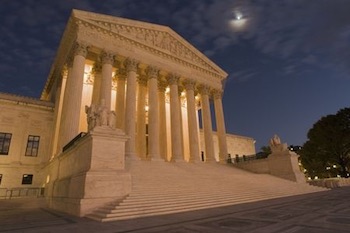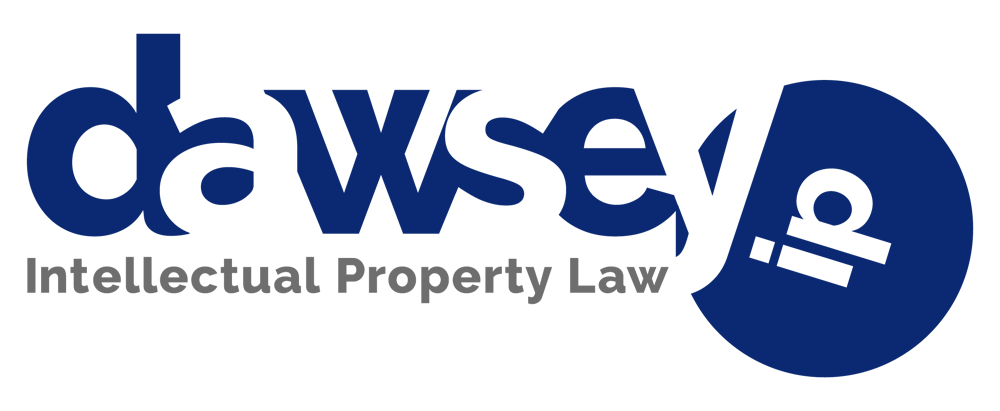
The Landscape of Willful Infringement in the Wake of Knorr-Bremse
© 2005, Dawsey Co., LPA
June, 2005
Recently, the Court of Appeals for the Federal Circuit (CAFC) caused quite a stir among patent attorneys and owners of intellectual property when it addressed the concept of willful infringement as it applies to patent law. Knorr-Bremse Systeme Fuer Nutzfahrzeuge GmbH v. Dana Corp., 383 F. 3d 1337 (2004). In Knorr-Bremse, the CAFC addressed precedent which dictated that a presumption of willful infringement may be drawn. This presumption formerly occurred where an accused infringer has failed to obtain legal advice regarding potential infringement of an existing patent, known as an infringement opinion and usually obtained from a patent attorney. Another circumstance giving rise to this presumption existed when a defendant in a patent infringement case invoked the attorney-client privilege concerning patent infringement opinions and related documents.
A Shift in the Law
The court in Knorr-Bremse held that no adverse inference should be drawn from an invocation of the attorney-client privilege in a patent infringement case. In addition, the court also indicated that the failure to obtain an infringement opinion by an accused patent infringer also would not be viewed in an adverse manner. It is critical to note, however, that the circumstance in which an accused infringer failed to obtain counsel opinion bears absolutely no relation to the facts of Knorr-Bremse, and that portion of the decision is pure dicta. To recap, the binding portion of Knorr-Bremse states that the withholding of a previously obtained infringement opinion as attorney-client privilege does not give rise to an adverse inference of willful infringement. However, the court may still find willfulness under the totality of the circumstances. In fact, on remand the Knorr-Bremse district court found willfulness even without the adverse inference rule.
Interpretation of Knorr-Bremse
The Knorr-Bremse opinion marked a subtle change in the doctrine of willful infringement, although not as significant as some commentators have suggested. The CAFC recently clarified some confusion stemming from this opinion by elaborating that the act of obtaining an infringement opinion still plays a significant role in the willfulness determination. Imonex Services, Inc. v. W.H. Munzprufer Dietmar Trenner GMBH, 2005 WL 1204855. In Imonex, the court reiterated that willfulness requires a showing that “the totality of the circumstances evinces the egregious conduct that constitutes willful infringement.” Unlike Knorr-Bremse, where the accused infringer shielded an infringement opinion behind the attorney-client privilege, the accused infringer in Imonex failed to obtain a patent infringement opinion at all. The court reiterated what was stated in Knorr-Bremse, that this failure to obtain legal advice may not create an adverse inference with respect to willful infringement. However, the court also stated that “early receipt of legal advice would have strengthened the defendants’ argument that they had not willfully infringed.” The defendants failed to obtain legal counsel regarding potential infringement, even in light of the fact that Imonex prominently displayed the proper markings on the patented products and corresponded with employees of the defendants regarding proprietary rights in the objects. Given these facts and especially the failure on the part of the infringers to seek legal guidance, the jury found a lack of due care under the totality of the circumstances. On appeal, the CAFC stated “the jury could have reasonably concluded that several instances recounted in the record triggered the [defendants’] duty of care” and that once the duty exists, defendants must take steps to avoid infringement. Significant in this decision is the court’s emphasis on the role an infringement opinion continues to occupy in willfulness disputes, and the level of due care required to avoid a finding of willfulness.
Protecting Oneself Through Preparation
According to a recent study, although the acquisition of an attorney opinion does not fully preclude a finding of willfulness, the absence of one equates to a finding of willfulness 84% of the time. Therefore, wisdom dictates that companies insulate themselves from a willfulness finding by acquiring an infringement opinion from a patent attorney which addresses the claims of potentially infringed patents, the prosecution history of those patents, the claims of the subject invention, and the inventions in the context of the doctrine of equivalence. Finally, it is interesting to note that an opinion letter need not possess a perfect analysis or infringement prediction. Rather, the company need only ensure that it has taken the reasonable steps needed to act in accordance with the law.
